Travel
Opinion | Swap New York for Seoul? ‘Destination dupes’ trend is getting silly
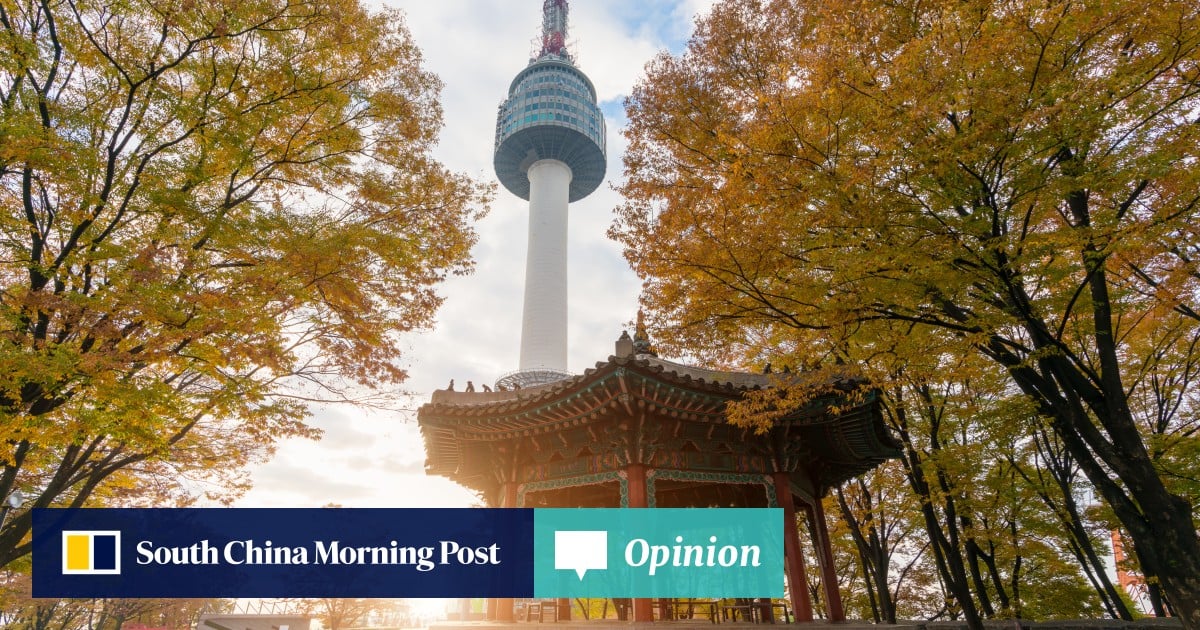
“The travel trend for 2024: Destination Dupes” – The Hindu.
“These 9 destination dupes feel like the real deal” – National Geographic.
“‘Dupe destination’ boom hits social media” – Nikkei Asia.
“Why ‘destination dupes’ are the latest travel-twinning trend” – BBC.
Back then, we predicted, “Huge pent-up demand for international travel means that, when all pandemic-related travel restrictions are removed, the world’s alpha attractions are likely to be even busier than they were in pre-coronavirus times.”
The logical conclusion was that travellers would look for alternatives that were quieter, more affordable – perhaps more brag-worthy.
And we proffered some suggestions: Guangxi autonomous region’s ancient, cobbled market town of Fuli, or peaceful Xingping, instead of tourist-thronged Yangshuo; sleepy Tha Ton, on the Mae Kok River, instead of the heaving visitor-magnets elsewhere in Thailand; the rugged red-rock scenery of Utah instead of the United States’ much-trodden and helicoptered-over Grand Canyon.

And so it has come to pass; the crowds are returning – and fanning out (a bit).
“Travel tech company Expedia was the first to mention destination dupes in their trends for 2024,” claims The Hindu newspaper. (We’ll give them that one, since Expedia no doubt was the first to mention destination dupes in “their” trends report).
Nikkei Asia declares: “‘Fashion dupes’ began as a trend on TikTok aimed at finding affordable alternatives to duplicate popular products. The same logic quickly migrated to travel in the form of destination dupes.”
The Japan-based news magazine suggests swapping Bali for Thailand “because it is easier to get around, less crowded and comparatively cheaper; Lombok instead of Bali because it is less well known and has pristine beaches such as Kuta, together with rich Sasak culture and activities like volcano treks to Mount Rinjani.
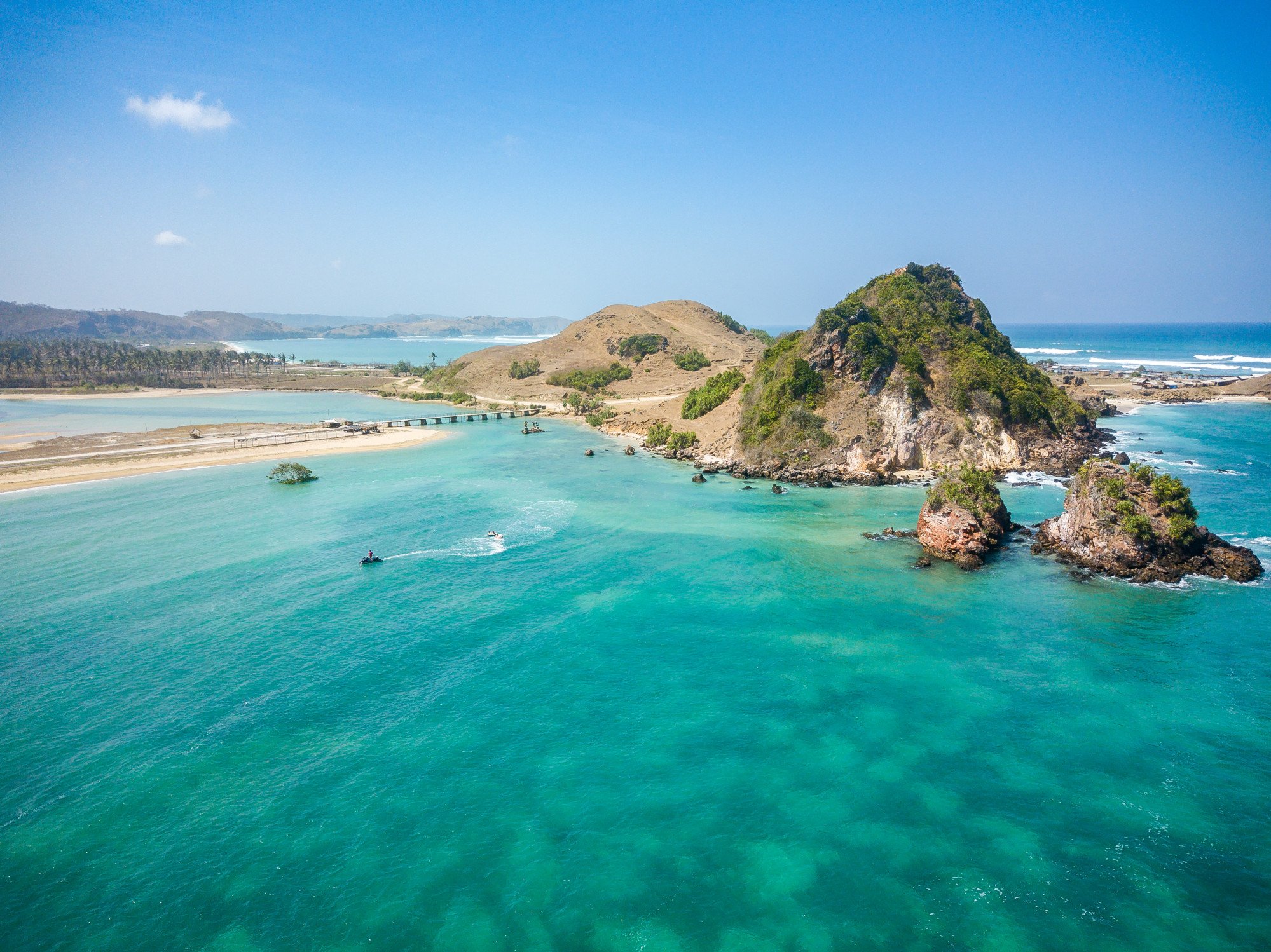
“South Korea often wins over Japan because it is easier on the budget and less crowded; and Vietnam’s Phu Quoc Island can be swapped for Thailand’s Phuket for a more relaxed experience.”
Duping is a simple idea that can be easily adapted. We recently received an email promising to reveal, “Five Destination Dupes in Asia Pacific You Didn’t Know About, Available on Marriott Bonvoy”. Each suggested dupe comes with a suggested hotel, of course.
The premise here seems to be that you’re unlikely to know about these connections because they are tenuous, at best.
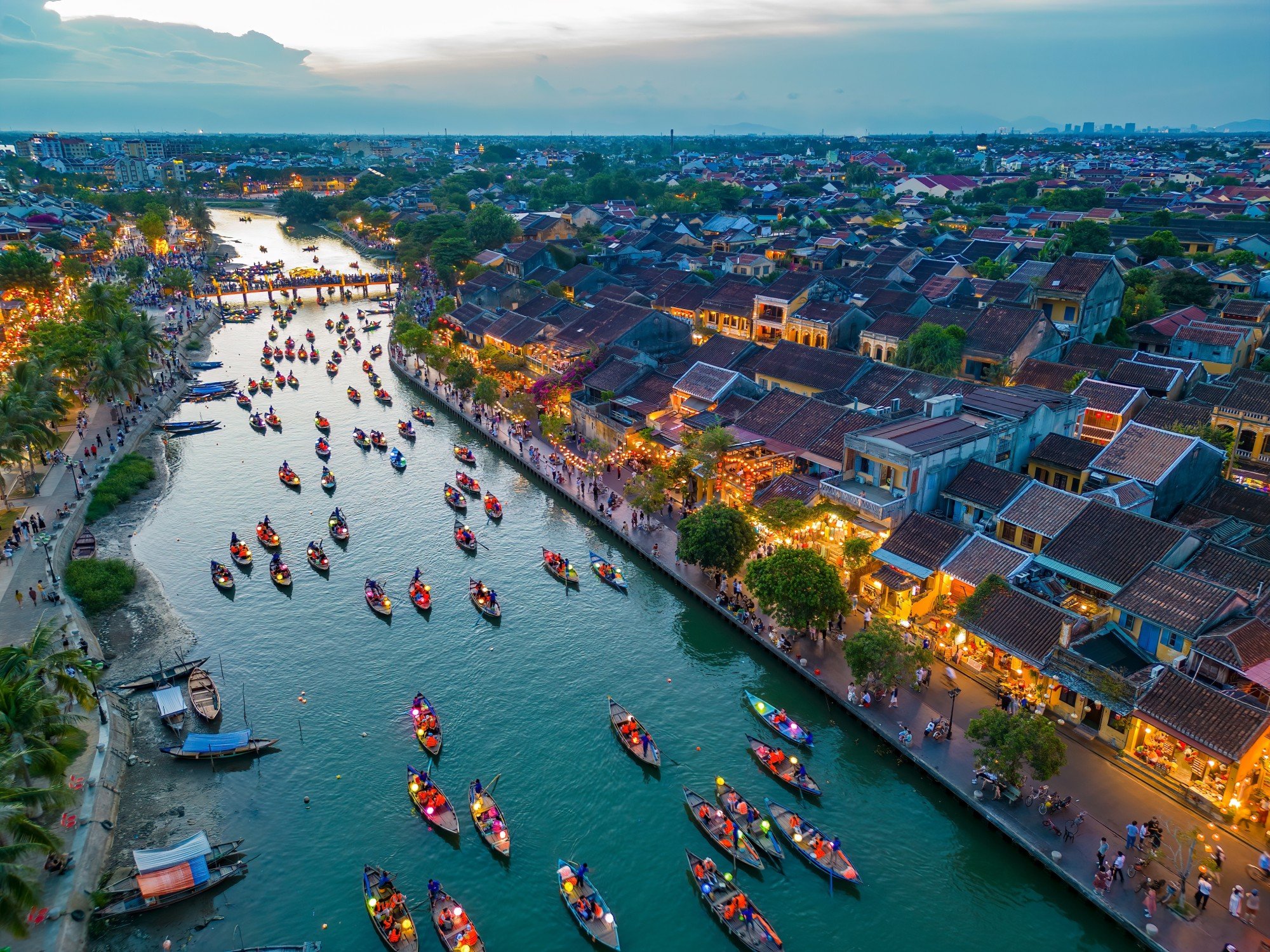
Is Thailand’s Koh Samui a realistic “remote island” stand-in for Bora Bora? Are the heritage and architecture in Jaipur, India, really a substitute for the Moorish design of Morocco?
Seoul can fill in for the Big Apple, Marriott suggests, because the South Korean capital “presents an enticing array of attractions reminiscent of New York’s hot spots.
“An attractive alternative to the crowded Empire State Building is N Seoul Tower. For a peaceful retreat from the urban hustle, swap Central Park for the Seoul Forest.”
By that token, any city with a tower and a park qualifies as a New York substitute.
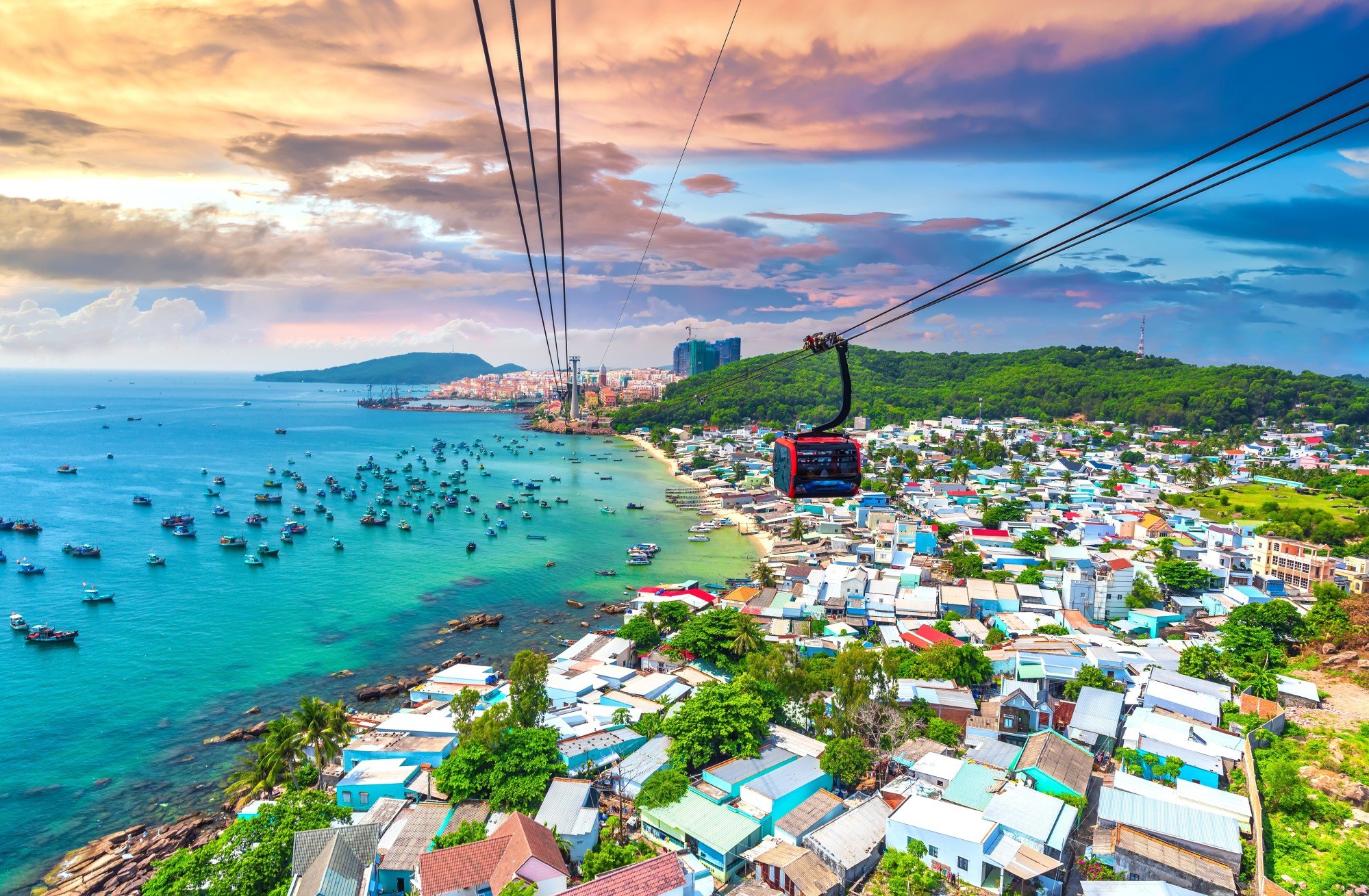
In truth, some travellers have always shunned the crowds, but it’s only now that such behaviour is being declared – and marketed – as “a trend”, setting a whole new set of destinations on the road to ruin.
Searching out authenticity (for want of a better word) has always been the raison d’être for a significant few, so we take issue with some of the claims made in a recent Business Insider article.
“According to [Matt Berna, president of small-group tour company Intrepid Travel] young travellers aren’t bogged down by FOMO – or the ‘fear of missing out’ – that influenced older generations. They want to be a trendsetter, going to the next cool place.”
Jumping on the bandwagon, some might call that.
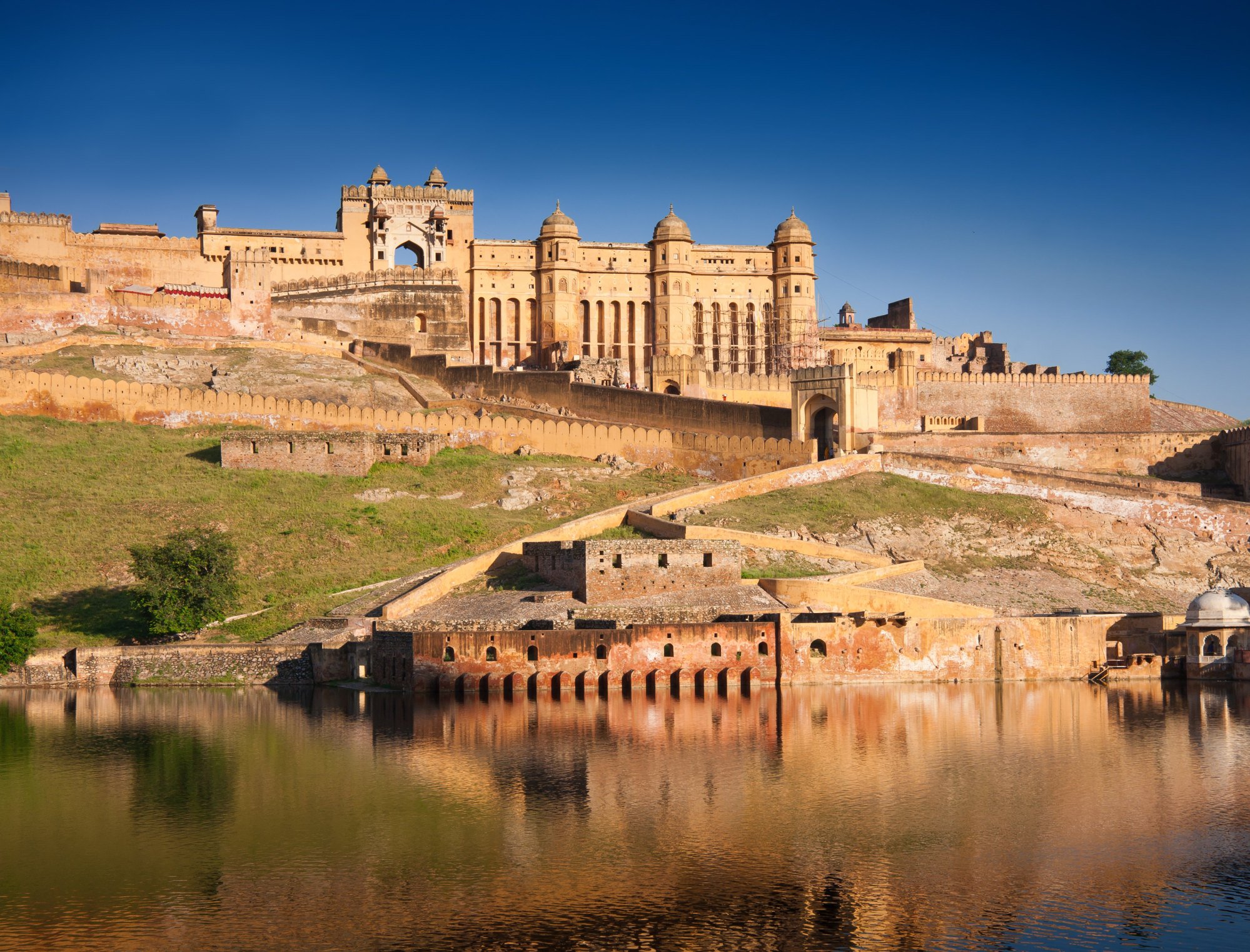
The “next cool place”, according to destination-dupe logic, must have some discernible similarities to the old cool place. But this is where things get weird.
Intrepid recommends Seoul as a “dupe” for Tokyo, the South Korean capital being “a great destination for travellers who want to avoid overcrowded attractions but still explore an Asian megacity”. Fair enough, but …
“Seoul provides an authentic and immersive cultural experience, allowing travellers to explore traditional Korean customs, arts, and lifestyles in a dynamic and modern urban setting,” Intrepid Travel tells Business Insider.
“This experience provides a deeper understanding of South Korea’s rich cultural heritage, which may be less accessible in the more globally popular tourist spots.”
In other words, Seoul is interesting in its own right, as the South Korean capital, rather than as a substitute for Tokyo, Japan. And surely there should be no “may be” about “South Korea’s rich cultural heritage” being more accessible in Seoul than elsewhere in the world.
Our advice: visit Seoul to see Seoul, not because someone trying to sell something tells you it’s an alternative to Tokyo or New York
More bizarrely, Intrepid urges travellers to visit Central American country Panama instead of Barcelona, Spain: “Panama’s diverse natural landscapes, including lush rainforests, exotic wildlife, and pristine beaches, provide a captivating backdrop for nature enthusiasts and adventure seekers.”
Panama, we’re told, has a “vibrant cultural scene, influenced by its indigenous heritage, Afro-Caribbean roots, and Spanish culture”.
It offers a “dynamic and diverse experience for travellers seeking to immerse themselves in local traditions, folklore, and contemporary arts, providing an authentic and enriching journey that differs from the more European-centric cultural landscape of Barcelona.”
So, nothing like the Spanish city, then – and not even on the same continent.
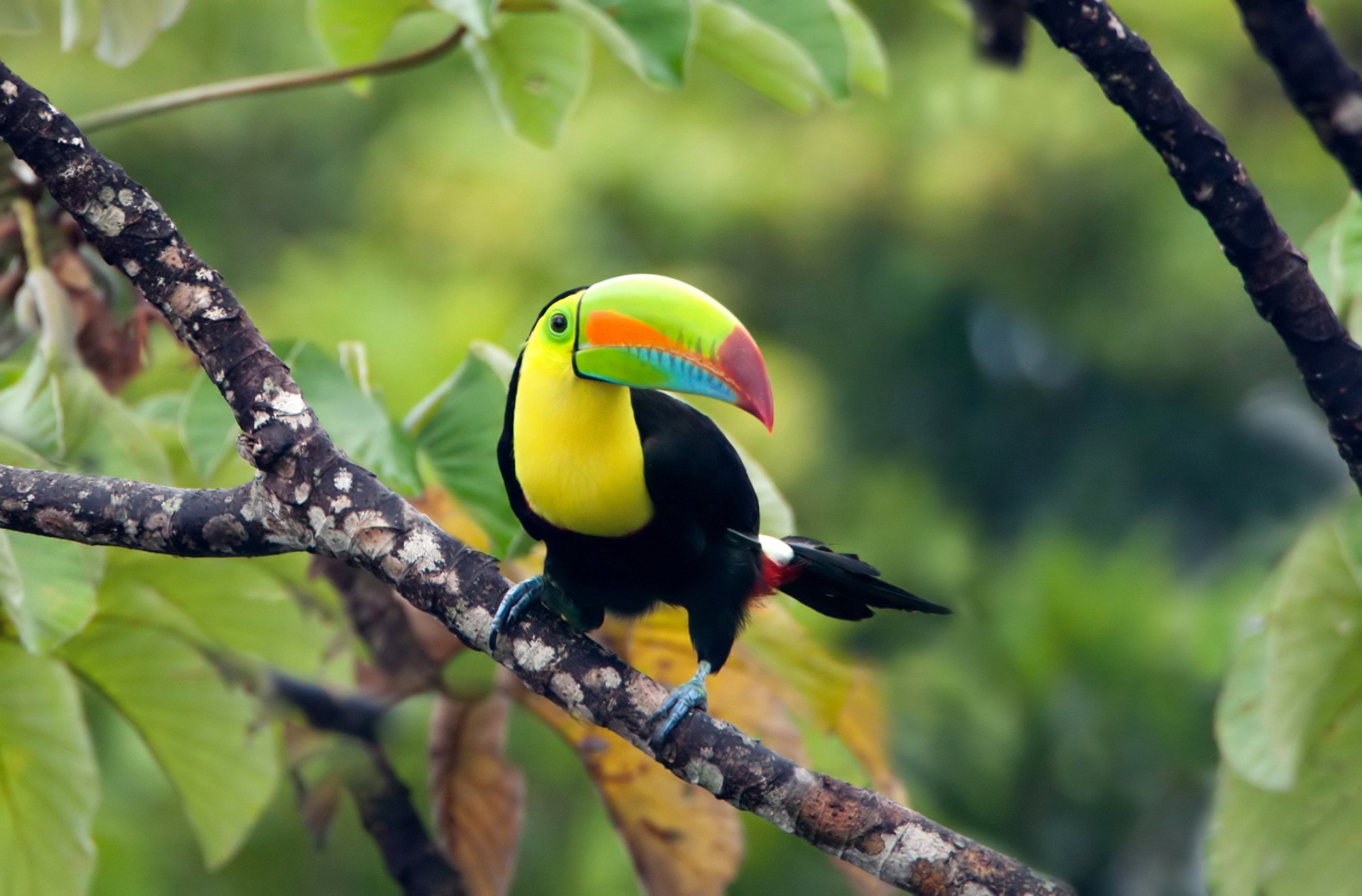
Intrepid also suggests Borneo as a stand-in for Bali.
“While Bali is undoubtedly a stunning destination with its beautiful beaches and rich cultural heritage, Borneo offers an entirely different experience [emphasis ours] that is unmatched in its own right.
“By choosing Borneo over Bali, travellers can embark on a journey that transcends mere sightseeing and offers a profound appreciation of the natural wonders and cultural richness that define this remarkable destination.”
Now, we’re confused. Is the term “destination dupes” to be used to describe literally anywhere else that springs to mind? Don’t visit crowded Hong Kong, head to Iceland instead, for a very different experience.
Our advice: visit Seoul to see Seoul, not because someone trying to sell something tells you it’s an alternative to Tokyo or New York – or that you should instead go to Taipei.









